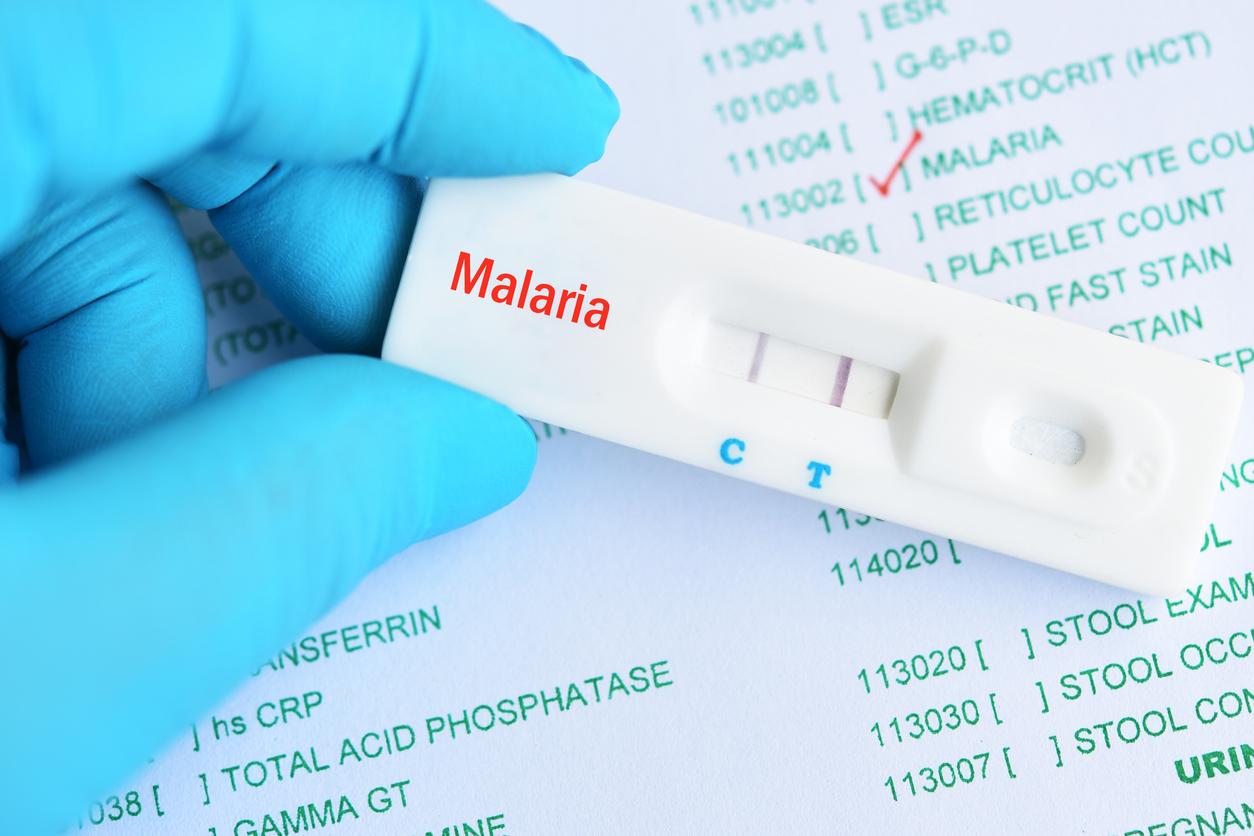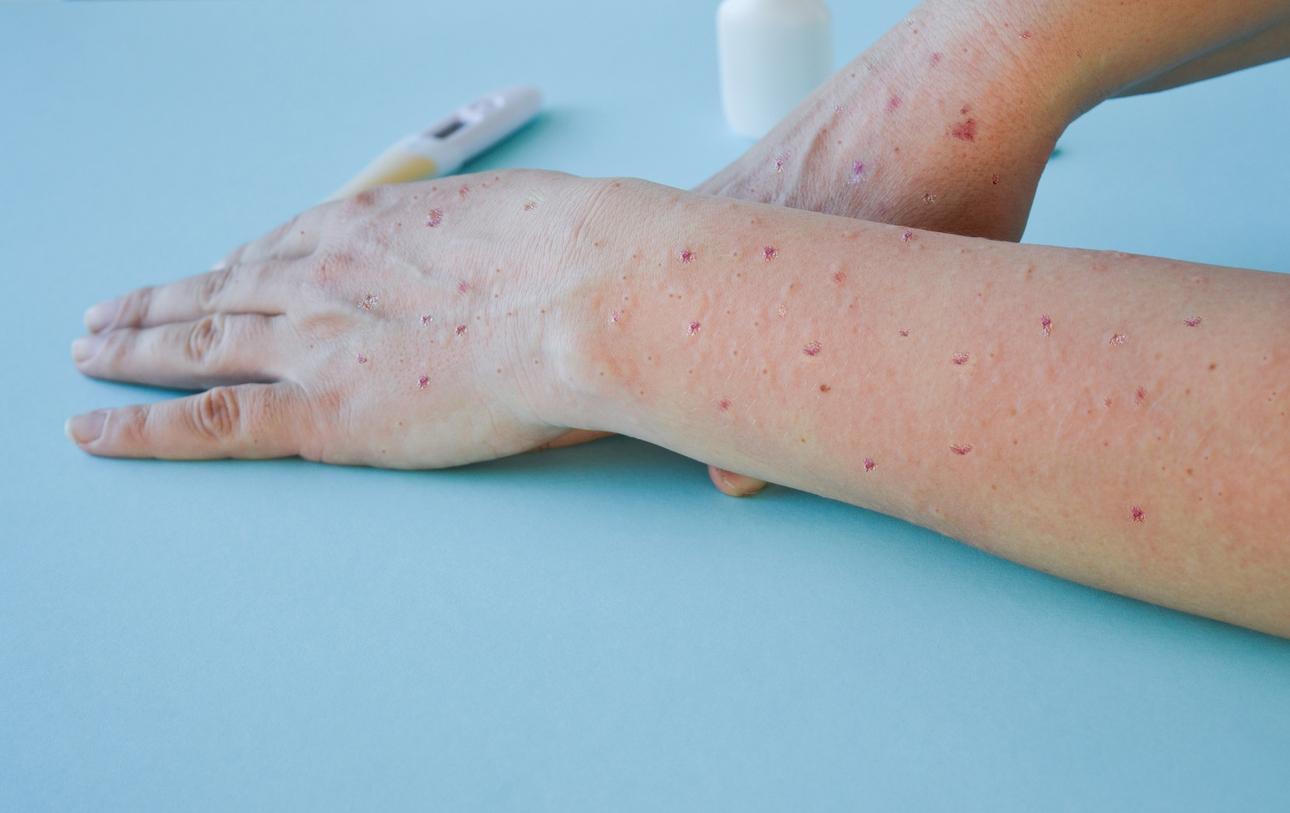The Ebola virus is said to have infected 19 people and caused the death of 3 of them. WHO teams are trying to find traces of 125 people who have been in contact.

A second case of Ebola was confirmed in the Democratic Republic of Congo (DRC) by the World Health Organization (WHO) on the evening of May 14. This is the eighth time since 1976 that this central African country has faced an Ebola epidemic.
Since April 22, the Congolese authorities have already identified 17 suspected cases, including 3 deaths. All were reported in Bas-Uélé province, located 1,400 km northeast of the capital Kinshasa in an area bordering the Central African Republic.
A hundred people to find
For the authorities, this new epidemic poses a technical challenge. Isolated and difficult to access, the province of Bas-Uélé has limited transport and communication networks. Information is therefore arriving in a trickle in the capital. “Currently, it takes about 2-3 days to reach the epicenter from Kinshasa”, underline the United Nations. To get there, medical teams and NGOs are obliged to borrow canoes and two-wheelers.

These are all obstacles that complicate the investigations and follow-up of people who have been in contact with patients. The first case, a 45-year-old man, was reportedly in contact with a taxi driver who transported him to hospital and a caregiver. All 3 are deceased.
At present, experts are trying to track down 125 people and understand how the 1er case got infected. Until now, outbreaks in the DRC have always started with the consumption of infected monkey meat.
Vaccines ready to be sent
The extent of the epidemic is still unknown, but the WHO and NGOs are already preparing. The UN agency has deployed experts in the field to support the country’s authorities. For its part, Médecins Sans Frontières is preparing to send teams, drugs and equipment. The transport should be carried out by helicopters from the United Nations Mission in Congo and the World Food Program.
The Global Alliance for Vaccines and Immunization (GAVI), a global coalition of governments, the United Nations and industry, has also announced that 300,000 doses of vaccine manufactured by Merck will be available in the event of a serious epidemic. This vaccine tested in Guinea would provide more than 80% effective protection against Ebola.
Everyone is afraid of reliving the epidemic outbreak that hit West Africa in 2014. In more than 2 years, 11,300 people had died in Guinea, Liberia and Sierra Leone.
.















